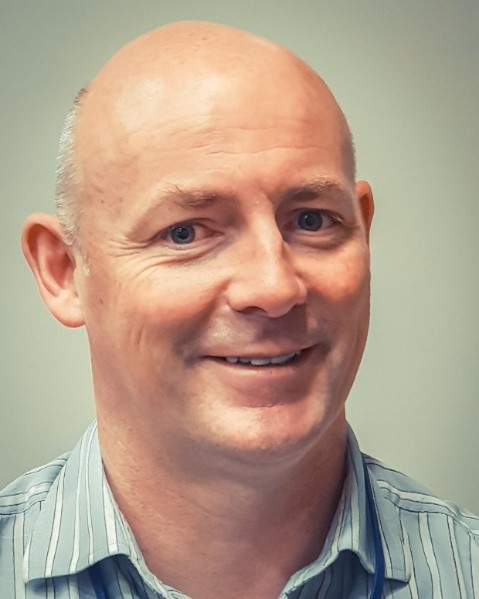Spotlight - Veranova

Craig Grant
Global Director, Solid Form and Particle Engineering
Tell us about your company?
The Pharmorphix® brand was founded in 2003 when the company was formed by several individuals, including myself, following the closure of Millennium Pharmaceuticals. The company was later acquired by Sigma-Aldrich in 2006, by Johnson Matthey in 2015 and is now part of Veranova, a standalone CDMO with a global footprint and particular expertise in the development and manufacture of highly potent and controlled substances.
Under the Pharmorphix brand, Veranova offers one of the most comprehensive arrays of integrated solid form, pre-formulation, particle engineering and chemical development capabilities available to the pharmaceutical and biotechnology industries.
Our Cambridge presence has grown significantly over the years from small beginnings of around eight people to over 50 employees today. Most of our technical team have a chemistry or pharma background, a large percentage of whom are PhD educated. Today, the Veranova team are located across two buildings on the Cambridge Science Park: units 28 and 250.
How does your business help build a better world?
Focusing on what we do in Cambridge, our solid form and particle engineering expertise helps develop the “drugs of the future”. Our world-leading capabilities support our customers in early drug development, enabling them to bring new drugs to market that improve people’s lives.
Did you know that 20% of all small molecule drugs approved by the FDA since 2014 have been worked on by Pharmorphix? I never imagined that since Pharmorphix was founded, 20 years ago, that we would have touched so many approved compounds available today.

What makes your company such a great place to work?
Although we have grown a lot since 2003 from our original team of eight people, today, as Veranova, we are part of a much larger pharma development organisation (some 900 employees). I believe we still have a small company “can do” attitude about how we go about our business. The nature of what we do is problem solving and I don’t think any two projects or two days are exactly the same. Constantly expanding our service offering or asking “how can we improve” is key to our continued evolution, and I’d like to think we can have some fun along the way!
Why is it important for Pharmorphix_Veranova to be based at the Cambridge Science Park?
Being based on the Cambridge Science Park has been beneficial to us for multiple reasons. It has always been an appealing location to attract talent through the university or from local industry. The area has a longstanding and strong pharma/biotech and technology pedigree, which has only proliferated over the past 20 years and has continued to offer potential to collaborate and conduct business with customers on our doorstep.
Cambridge is also an excellent location to invite and attract our clients given the excellent transport links and in particular, proximity to major airports.
In addition, the Park itself is a great environment to work in, with beautiful green surroundings, lakes and on-site facilities.
Who is your science/tech hero and why?
So many to choose from but I would have to say Sir Alexander Fleming, the physician and microbiologist who is widely acclaimed for discovering the world's first broadly effective antibiotic substance, which he named penicillin in 1928. The discovery is often claimed as the "single greatest victory” ever achieved over disease and one in which he shared the Nobel Prize in Physiology or Medicine in 1945 with Howard Florey and Ernst Boris Chain.
There is a local connection here to my own Scottish origins as Fleming was born and raised in Darvel, a small town within a few miles of my own hometown of Kilmarnock in Ayrshire.He attended Kilmarnock Academy after earning a scholarship before moving to London.
Besides such heroes I would also have to acknowledge the unsung heroes, our teachers who inspire the next generation of scientists! I clearly recall my chemistry teacher (Mr McGinley) who inspired me to question everything and ultimately pursue a career in science myself.
